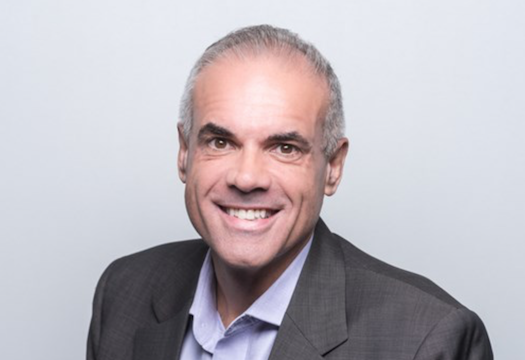Yesterday we spoke to Nova Entertainment’s Paul Jackson about the state of radio in Australia. Today it’s Duncan Campbell’s turn.
Jackson, a Scotsman by birth, had already made an impressive mark in programming British radio by the time he landed in Port Jackson in 2010. By contrast, Duncan Campbell, an Aussie, left these shores to make a name for himself in the UK, and returned in 2010 to take the content reins at ARN. It was from that year, 2010, that the Australian radio landscape began to change dramatically.
Up until then, SCA was far and away the dominant network. With the arrival of Campbell and Jackson and new management in Lachlan Murdoch at Nova and Ciaran Davis at ARN, SCA’s competotors became much more competitive very quickly. Game on!
“I think we’re very competitive (as an industry) – in fact, uniquely competitive,” says Duncan Campbell. “It makes us all very passionate about programming to an audience and we’re all very competitive. The aggression may have gone out of the competitiveness but the passion certainly hasn’t.”
It’s that unique competitiveness that makes Australian radio so strong.
“I think Australia leads the world in terms of radio. The content that gets produced, I know is recognised around the world. People record the Kyle and Jackie Oshow and listen to the content. Other shows as well, like Kate Tim and Martyare seen as world class.
Campbell also believes that Australian radio’s willingness to invest in talent, research and marketing is a large part of its success.
“We still invest in the levers we need to be competitive, talent, research and marketing. It’s very much a strategic game now as to when we deploy those levers and how. It makes for an exciting business and it makes for world class radio.
“We’re one of the few markets that still invests in research, not a lot of American stations do any more.
“Having worked in the UK and done consultancy work in other parts of Europe – and Christian O’Connell commented on it too – there’s a lot more emphasis here on survey results. There’s eight a year and we take them very seriously,” says Campbell.
Our friend and radioinfo contributor James Cridland has run a one man crusade against what he calls “Lazy Buggles Headlines.” Every week someone somewhere, bereft of original thought will expectorate a headline that proclaims, ‘Somethingorother killed the Radio Star.’ In truth, besides cholesterol and drugs all else has failed.
Duncan Campbell is quick to dismiss Lazy Buggles headlines too.
“I’ve heard that for 30 years and when I came back in 2010 we had some people from APN (ARN’s then parent company) tell us that the word from the U.S. was that radio would be dead in there years. So, I quietly packed up my stuff and left the meeting because I was in no mood to be insulted like that.
“I think, radio has evolved very effectively. It doesn’t ignore new technology and when it can, it adapts and utilises it very effectively. There are some challenges around how we utilise our talent more on other platforms. But there’s no signs of the death knell of radio at all. It’s almost like some people are willing radio to die so that they can actually write something.
“There are challenges at the younger end, and we all acknowledge that. But from an adult audience sense, the Spotifys of the world are complementary… not direct competitors to us.
“Radio’s actually very strong and it delivers sizeable audiences which, despite all the talk around targeting and such, advertisers still want big numbers of people and radio delivers that. And we have a captive audience because not a lot of money was spent on infrastructure in the past 20 years and people are stuck in traffic jams in cars listening to radio,” says Duncan Campbell.

Peter Saxon

